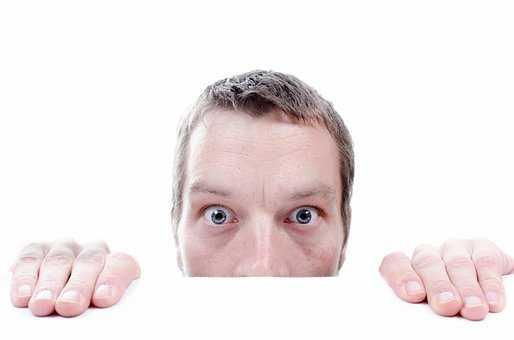Fear as a defense mechanism
Fear protects organisms against a perceived threat to their integrity or existence. Fear can be as simple as moving away from a negative stimulus, or as complex as existential anxiety in a human.
Some of the brain's main chemicals that contribute to the "fight or flight" response are also involved in other emotional states such as happiness and excitement. It makes sense that the high arousal state we experience during a scare may also be seen in a more positive light.
113
675 reads
CURATED FROM
IDEAS CURATED BY
The idea is part of this collection:
Learn more about health with this collection
How to showcase your skills and experience
How to answer common interview questions
How to make a good first impression
Related collections
Read & Learn
20x Faster
without
deepstash
with
deepstash
with
deepstash
Personalized microlearning
—
100+ Learning Journeys
—
Access to 200,000+ ideas
—
Access to the mobile app
—
Unlimited idea saving
—
—
Unlimited history
—
—
Unlimited listening to ideas
—
—
Downloading & offline access
—
—
Supercharge your mind with one idea per day
Enter your email and spend 1 minute every day to learn something new.
I agree to receive email updates
